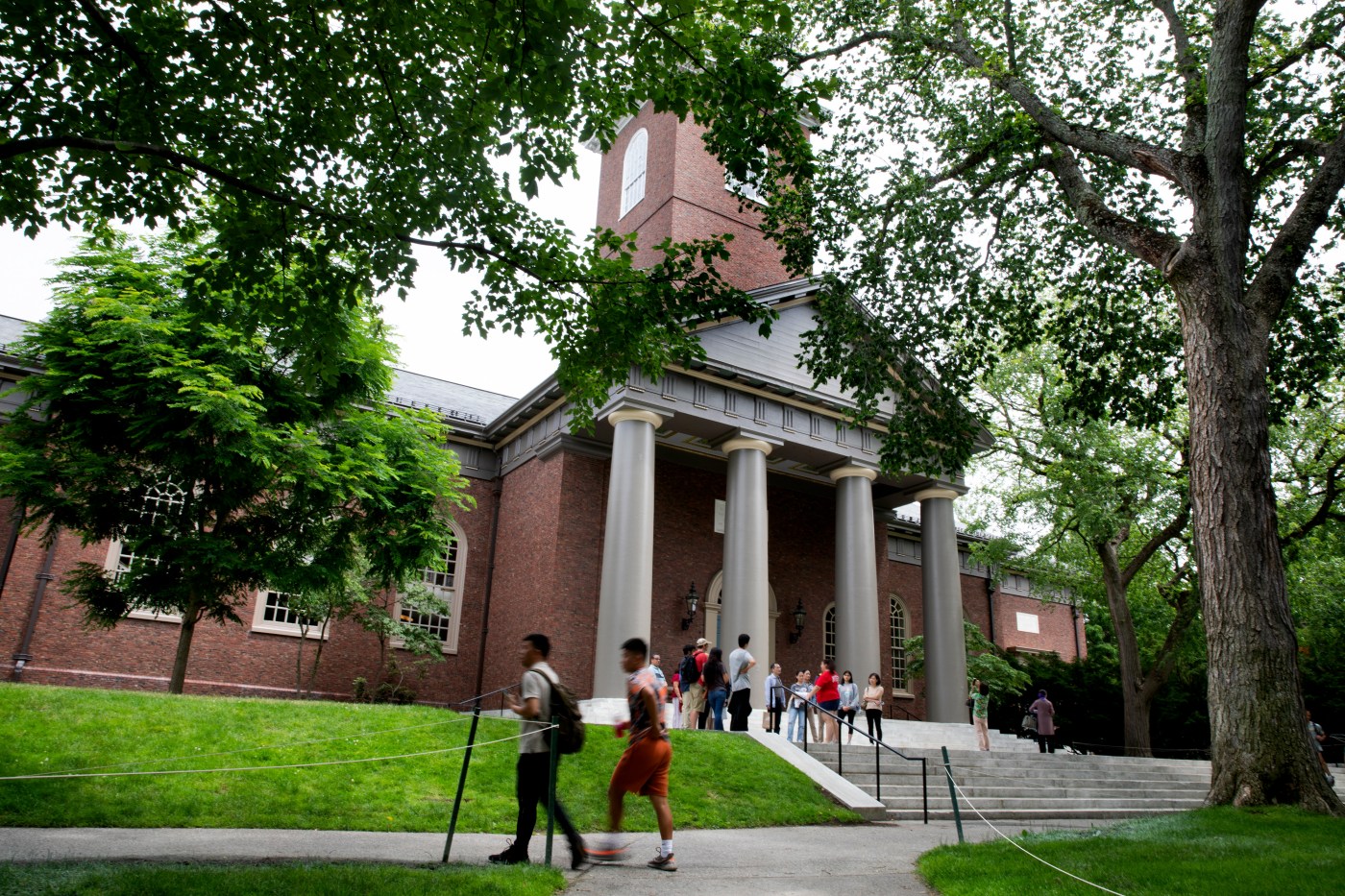
Tyler Cowen: Indiana can’t make universities more conservative with a law
Indiana’s Republican governor has just signed new law that introduces “intellectual diversity” as a standard for tenure decisions in state universities. Under the law, campus boards of trustees will determine what intellectual diversity consists of, and lack of such diversity can be grounds for denying tenure. Intellectual diversity also must be considered in the post-tenure review process.
The background context here, in case you don’t already know, is that professors largely support the Democratic Party, or they are left-wing rather than conservative. The data are overwhelming. For instance, one study of top universities found that out of 7,243 faculty only 314 registered as Republican. In my personal experience, I have found that libertarians are scarce as well.
As a libertarian-leaning professor, I am unhappy about this state of affairs. That said, I fear the Indiana law will make matters worse rather than better.
Keep in mind that academic hiring is a highly idiosyncratic process. There is a tiny selection of open jobs and a very large number of applicants. A hired assistant professor then labors for years, trying to publish articles and receive high teaching evaluations to — perhaps — one day receive tenure through departmental and university committee votes, ultimately ratified by a Board of Trustees.
The first and perhaps most important point is that university processes, especially for state universities, operate at a large scale. For instance, Indiana University claims over 89,000 degree-seeking students and 21,000 faculty and staff. Review methods, including for tenure, are based on measurable publications, citations and letters of recommendation. The process is standardized in such a way that any interference, for instance by the overseeing Board of Trustees, comes as a kind of shock, replete with concomitant controversy and also publicity.
If we add an intellectual diversity requirement, we likely will have more professors publishing articles on John Locke, Adam Smith, Rene Girard, or whatever will count as a relevant marker of intellectual diversity. Yet it is unlikely that such publications will change what professors say in the classroom, what their politics are, or the main conclusions from their most influential pieces of research.
You might think that universities will be more likely to hire people who really do count as right-wing thinkers. I am skeptical, as I expect that over time the monitoring will shift toward what can be shown on paper, namely nominal markers of “diversity obedience,” if only to forestall employment-related lawsuits. In the third year of a professor’s career, he may publish an article on Milton Friedman, critical in the footnotes, but sufficiently vague in broad presentation that it can count as contributing to intellectual diversity. Who exactly is to step up and say this shouldn’t count?
Under some scenarios, right-wing and conservative professors could easily end up worse off under this new system. For purposes of argument, let’s assume the worst of a left-leaning academic department, namely that they intentionally prevent conservative professors from getting tenure. Under the new law, there is a chance that a Board of Trustees might grant tenure to a conservative voted down by the department. How would a department of committed lefties address that problem? They’d avoid hiring conservative professors at all, for fear of having their tenure decisions overturned.
Even if you think a Board of Trustees can intervene in tenure decisions in a meaningful and informed manner, they cannot run a job search, which involves going through hundreds or even thousands of applications. The bias merely will be shifted to some other part of the process.
Another danger is that this law will entrench the view that academic life is and should be politicized. You might think that already has happened, but I assure you matters always can get worse. It would become virtually mandatory to discuss the politics, or at least the nominal political slant, of intended hires and tenure decisions. That might scare even more conservative and libertarian scholars away from academia, because many on the right believe that politicization of a sphere of activity benefits the left.
Further issues arise from how the law creates a channel that students and university employees can use to complain about the political orientations of faculty members. The net effect will be to shift power to students, which means easier classes and more grade inflation. Are those trends likely in the longer run to support conservative or classical education values in our universities? As a long-time teacher for almost 40 years, I suspect not.
If we are looking to shift the political orientation of universities, I suggest a simple first step. Let the pressures of higher salaries and undergraduate enrollments shift more slots toward STEM (science, technology, engineering and math) and also business-related majors, including economics (my own field). In those latter fields, faculty lean less toward left-wing political views. For a more radical change, let us also try creating some new universities based on different, experimental principles. (Disclosure: I am on the advisory board of one of these, the University of Austin).
Conservative legal scholars often have criticized race-based affirmative action, claiming it will create a marked class of lower-performing individuals, who received their jobs only because of the law. Here is not the place to evaluate such a charge, but surely it would be ironic — and likely mistaken — if conservatives sought out that mantle for themselves.
Tyler Cowen is a Bloomberg Opinion columnist, a professor of economics at George Mason University and host of the Marginal Revolution blog.
Related Articles
Zeynep Tufekci: You don’t need to freak out about Boeing planes (but Boeing does)
Karl W. Smith: Raising Social Security’s retirement age is the least bad option
Ludwig, Miller: We are seeing a lethal shift in America’s shooting crisis
Allison Schrager: What are the odds of enjoying March Madness now?
Lisa Jarvis: Parents alone can’t protect kids from social media

